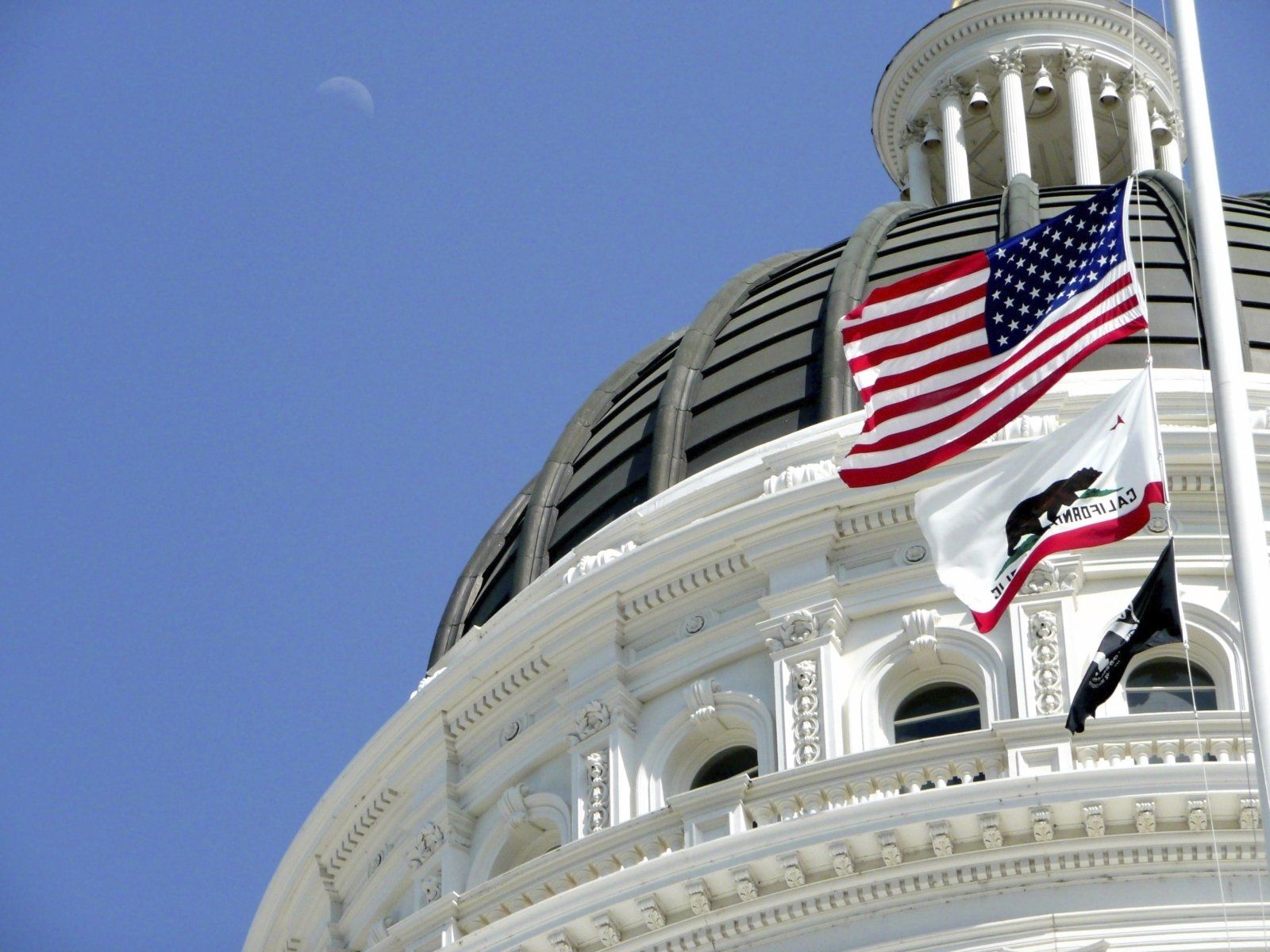In a document that was released, it was shown that people who used cannabis were not considered “trusted travelers” - why is that?
March 3, 2020
These trusted traveler programs have at their core the reward of ease of travel for persons identified as low-risk travelers. The persons who are deemed as such, have been subjected to extensive background checks and they are usually persons who have had very limited interaction with law enforcement, or persons who are not associated with any breaches of immigration or criminal codes. The fact that previous or current cannabis use precludes some persons from eligibility to these programs automatically disqualifies them at a glance from these trusted travelers programs.

Surveys and polls have all shown that public opinion across several states is in favour of legalizing recreational marijuana use. Many democratic candidates or presidential hopefuls have actually been very vocal on raising bills that support the decriminalization of recreational marijuana use and providing pardons for previously convicted individuals. But as we all know change comes about based on the policies that are being advanced. Our insights into the possible outcome of the 2020 elections are as good as yours, but what we will say is that based on the track record of the current administration it will take a lot of lobbying to bring about changes to these exclusitory measures. For the last three years we have seen a systematic increase in refusals on entries and removals from the United states of Canadians and Canadian permanent residents. The reasons are far reaching but we have seen an increase in removals for over-staying beyond the six month stay for tourists and visitors. Refusals based on criminal inadmissibility, refusals under the travel ban for lawful and otherwise eligible visitors to the United States and yes, refusals and removals for admitting to use of recreational marijuana in the past. Nexus memberships of persons who fall within the countries impacted by the travel bans are summarily revoked at the borders. A few weeks ago New Yorkers were directly targeted and prohibited from enrolling and/or renewing their membership in the trusted traveler programs. The City of New York is currently suing the current administration over this ban on locals in the city, as they propose that it is discriminatory and is imbedded in anti- immigrant enforcement operations that target undocumented immigrants. These measures are alarming, highly invasive and do not seem to be abating. Is immigration an important factor in the upcoming elections? I think it should be. Will it be a determining factor? We will just have to wait and see.

Short answer -Yes. Long answer-There are a lot of exclusitory policies that have framed the history of immigration and trade between Canada and her neighbours. The continued penalization of Canadians at the border especially in the wake of the 2018 legislation does seem excessive. Especially in light of the fact that many past offences are over ten years so there have been scope for rehabilitation, one time user, as well as the fact that many Canadians take no issue with disclosing their consumption of a product that is very much legal on Canadian soil. To their detriment. A lot of persons have stated that they would just not declare their previous use of marijuana or even lie about being convicted of possession of marijuana. Our firm has been advising persons that honesty is the best policy. The United States of America and Canada share criminal and other databases that make convictions and other public information easily accessible. Your social media is accessible and more importantly the officer has the authority to even request a medical assessment to determine whether you are being honest about your non-usage of Cannabis. If you are found to have been lying in your statements to Customs and border officials you will be admissible based on misrepresentation grounds as well. Misrepresentation carries with it serious repercussions for future entry into either of these two neighbouring countries.

The Cannabis Act also called bill C-45 was passed in June 2018 and it came into effect on October 17, 2018, legalizing the recreational use of marijuana within Canada. While Cannabis is now legal in Canada, it remains illegal in the United States. There is no change to U.S. immigration policy and the Immigration and National Act (INA) §212(a)(2)(A)(i)(II) states that: “any alien convicted of, or who admits having committed, or who admits committing acts which constitute the essential elements of…a violation of (or a conspiracy or attempt to violate) any law or regulation of a State, the United States, or a foreign country relating to a controlled substance…is inadmissible” Narcotics related offences and crimes are deemed serious and unfortunately you are deemed high -risk even if you participated in illegal activities and were not caught or arrested. The 2018 amendment does not forgive previous convictions nor unlawful possession of the illegal substance (at the time). It just means that moving forward it is legal to use marijuana recreationally in Canada but before 2018 you would have been breaking the law thus making you a high risk individual and thus not eligible for the nexus program.
